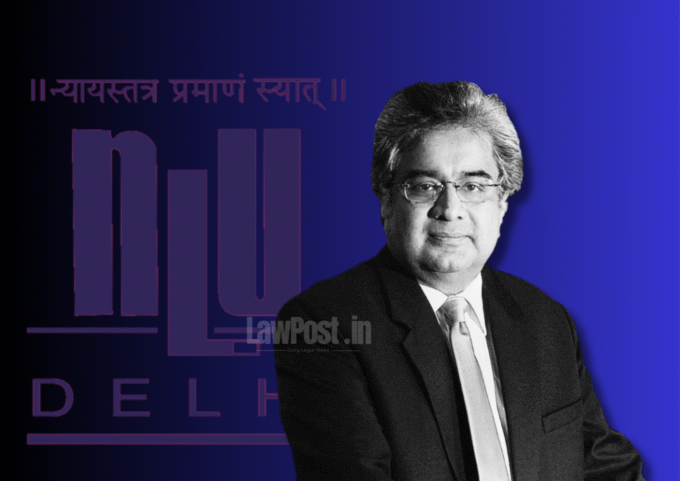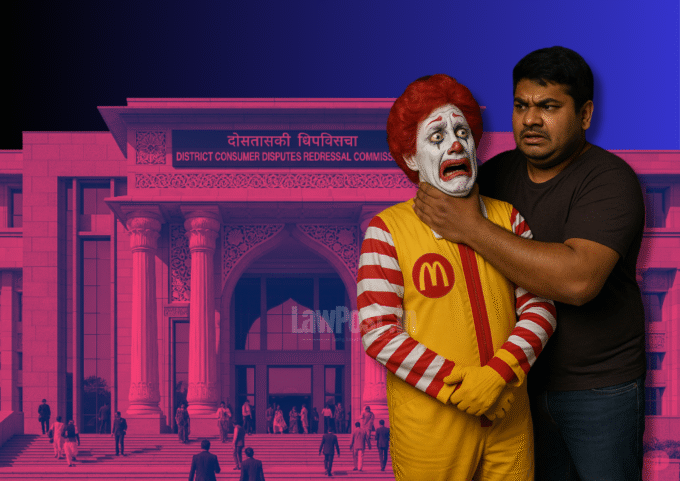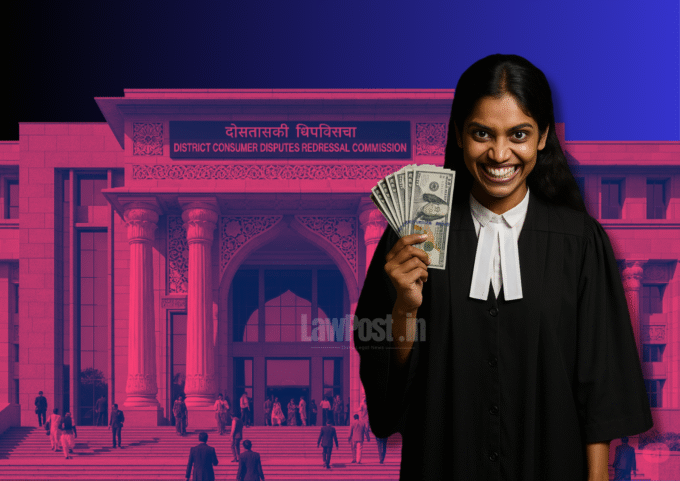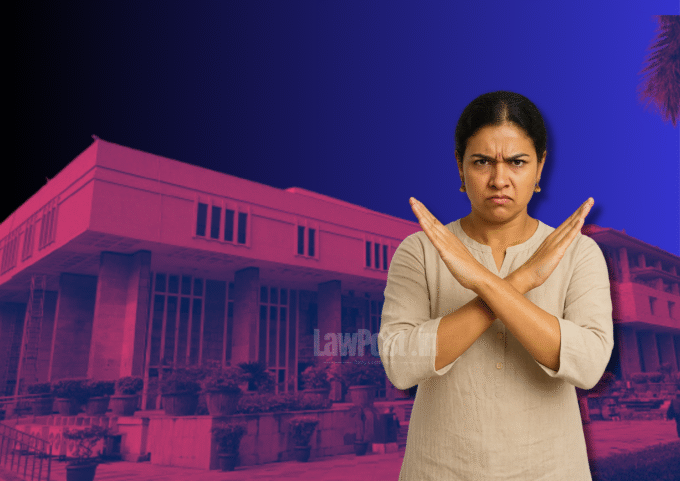In a significant move upholding accountability in media reporting, a Poonch court has ordered the registration of a First Information Report (FIR) against national news channels Zee News and News18 India for broadcasting alleged false and defamatory content during their coverage of Operation Sindoor, India’s recent military offensive following the Pahalgam terror attack.
The case was filed by local advocate Sheikh Mohammad Saleem, who accused the channels of misidentifying a civilian teacher, Qari Mohammad Iqbal—killed in Pakistani shelling on May 7—as a “Pakistani terrorist” linked to the 2019 Pulwama terror attack and the banned group Lashkar-e-Toiba (LeT). The deceased, the complaint asserted, was a religious teacher at Jamia Zia-ul-Uloom in Poonch and had no links to terrorism.
The order, passed by Sub-Judge/Special Mobile Magistrate Shafeeq Ahmed, directed the concerned Station House Officer (SHO) to register the FIR within seven days and initiate a fair, impartial, and time-bound investigation. A compliance report has also been sought, and a copy of the order has been forwarded to the Senior Superintendent of Police (SSP), Poonch, for necessary supervision.
Rejecting the police objection that the broadcast originated from Delhi and thus was outside the jurisdiction of the Poonch Court, the judge invoked Section 199 of the Bharatiya Nagarik Suraksha Sanhita (BNSS), which permits jurisdiction if the consequence of an act, such as defamation, occurs in a different place.
“Since the damage took place in Poonch—where the deceased lived, worked and ultimately died as a civilian victim—jurisdiction lies here,” the court held.
The court came down heavily on the conduct of the channels, stating:
“Branding a deceased civilian teacher as a terrorist without any verification is serious journalistic misconduct… Such reckless reporting is capable of fuelling public unrest and harming social harmony.”
The judge further emphasized that while freedom of the press is a fundamental right under Article 19(1)(a) of the Constitution, it is subject to reasonable restrictions under Article 19(2)—especially when it pertains to defamation, public order, and decency.
While the channels later retracted the story and issued an apology, the court ruled this was “insufficient to nullify the consequences of the broadcast,” noting that the initial misreporting had already caused irreparable harm to the deceased’s family and public peace.
The FIR is to be registered under Sections 353(2) (defamation), 356 (public mischief), and 196 (outraging religious feelings) of the Bharatiya Nyaya Sanhita (BNS), along with Section 66 of the Information Technology Act, 2000.
The order stands as a firm reminder that press freedom comes with responsibility—and that journalistic errors, especially in sensitive situations, cannot be brushed aside as mere oversight.
Case: Sheikh Mohd Saleem vs U.T of J&K Through SHO Poonch – Available on LAWFYI.IO








